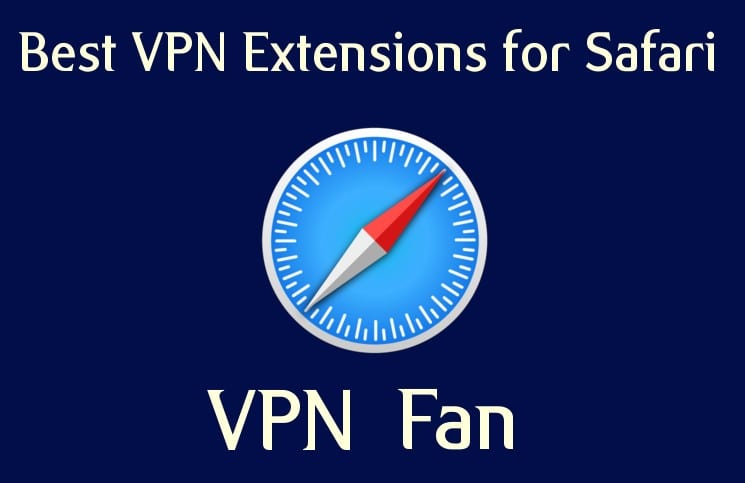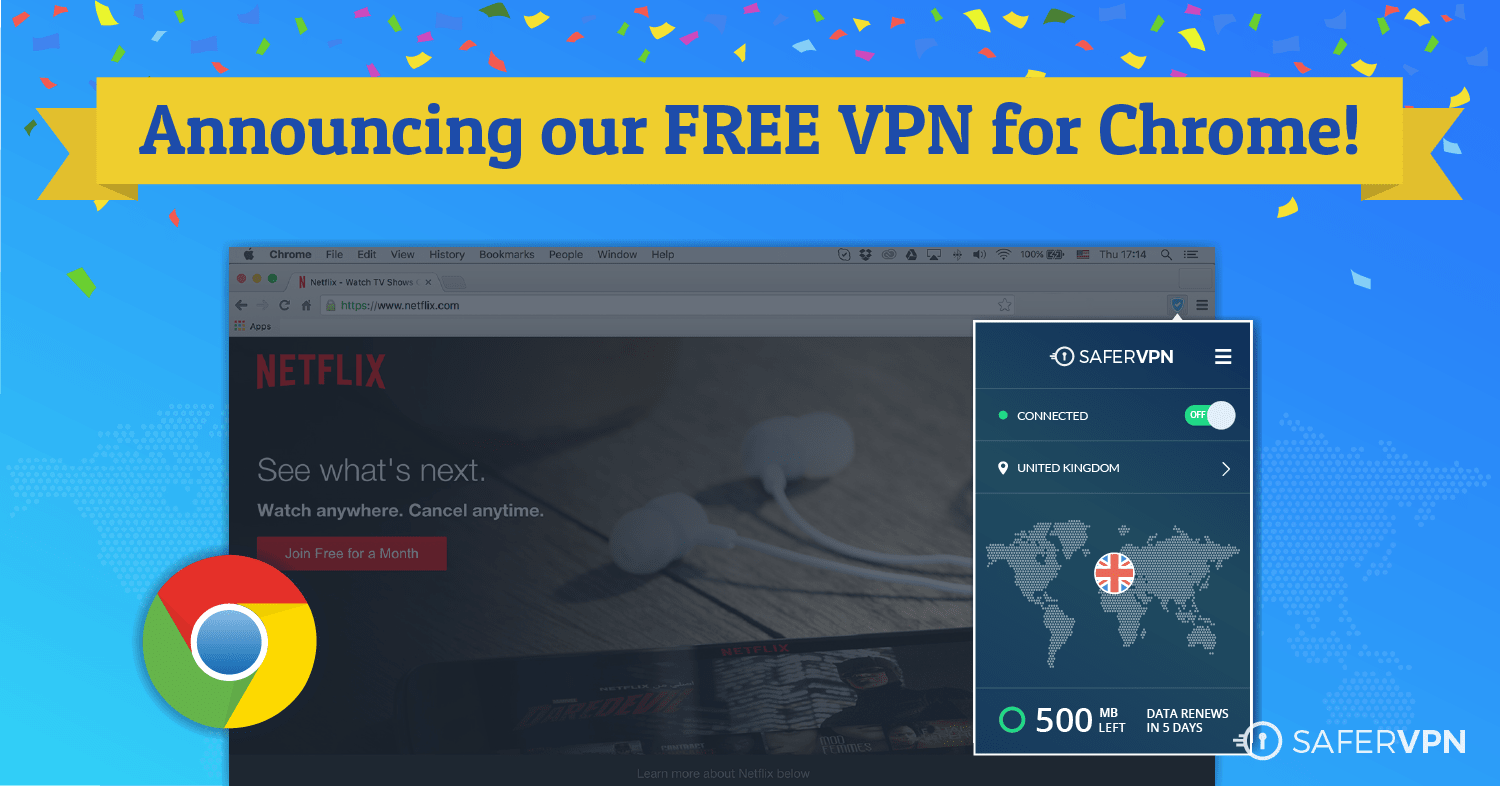
Max Eddy The Best Mac VPNs for 2019 A virtual private network, or VPN, is one of the smartest and simplest ways to take control of your privacy online. We did the tests, and these are the best VPNs for your Mac. Quickbooks for mac 2015 upgrade from 2012 purchase.
You Need a Mac VPN There's a dangerous belief out there that macOS is somehow immune to attacks, that Apple's computers need no antivirus, and that Macs are intrinsically protected against spies and hackers. While it's true that malware targets specific devices, and Windows devices undoubtedly represent a larger target, those perpetrating mass surveillance and online data thieves aren't so discerning. That's why are so important, even for Mac users. The problem isn't your Mac, per se. It is, rather, the fundamental structure of the internet. The first bricks of the web were laid by government and university academics who were interested in making information sharing faster and easier.
Betternet free VPN provides you with safer internet access on all devices, it helps you protect your privacy against hackers and surf the web securely.
Privacy and security were secondary concerns. Fast-forward a few decades into the future, and things are quite different. The problem is that today we use the web for far more than just trading academic papers. We transmit important documents filled with personal information; we send money to our friends and request money from our enemies; we even exchange incriminating emails and compromising photos.
And we do it all over a system that makes finding your location and intercepting your information very easy. Who Wants Your Data?

In short, just about everyone does. Your personal information is valuable to hackers because it can be sold and resold on marketplaces that trade in such things. Scammers and other criminals can then buy that information in order to commit fraud, which is not something people usually enjoy having done in their name. In a similar vein, advertisers are keen to get your information so that they can better target you with online advertisements. Special trackers note information about you when you visit a website.
When you navigate to a website that hosts another tracker from the same ad company, your movements are correlated across the web. Even internet service providers are starting to get on the act, now that Congress has given the go-ahead for ISPs to sell anonymized metadata about user activity. The ISPs argue that if advertisers can get a cut of the sweet data-selling business, then they should, too. The downside is that while you can try and choose not to engage with online capitalism, you have precious few options when it comes to selecting an ISP. Keep in mind that ISPs routinely scan user traffic, and have the potential to see just about everything you do online. Last, and certainly not least, are spies and government agencies. The documents leaked by Edward Snowden have revealed the scale and complexity of the NSA's data-interception operation.
Most of those documents had to do with call interception, but data is data. The NSA (and, it's likely, other agencies) almost certainly has the capability to perform mass data collection.
While there have been efforts to institute firmer privacy protections in recent years, the genie is out of the bottle. It would be foolish to assume that there aren't other projects operated either by the NSA or other major intelligence organizations—within the US and without. Protect Your Privacy All of the aforementioned snoops are platform agnostic, and that's why. When you switch it on, a VPN creates an encrypted tunnel between your Mac and a server controlled by the VPN company. The data inside the tunnel is inaccessible to everyone else, and whatever information an attacker extracts will be unreadable.